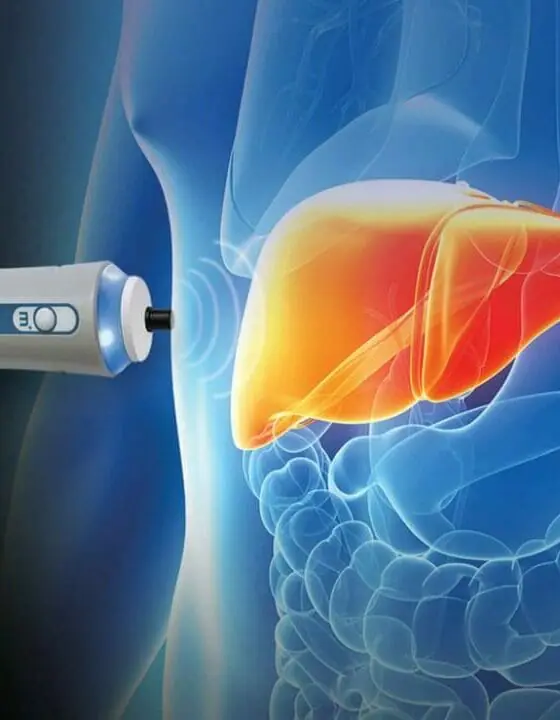Liver disease is often called a “silent” condition because it can progress for years without noticeable symptoms. Early detection and regular monitoring are crucial for preventing serious complications such as cirrhosis or liver failure. Fortunately, a breakthrough technology known as FibroScan is making it easier than ever to assess liver health—without the need for invasive procedures. This non-invasive test provides valuable insights into the condition of your liver, helping healthcare providers identify issues such as fatty liver disease and liver fibrosis early on when they are most treatable.
How Does FibroScan Differ From A Regular Biopsy?
Traditionally, liver health was evaluated through liver biopsy, a procedure that involves inserting a needle into the liver to extract a tissue sample. While effective, biopsies are invasive, can be uncomfortable, and carry a small risk of complications such as bleeding or infection. They also require recovery time and are often associated with patient anxiety.
FibroScan provides a modern alternative. Unlike a biopsy, it does not require needles or sedation. Instead, it offers a quick, safe, and reliable way to evaluate liver stiffness and fat content using painless ultrasound-based technology.
FibroScan Utilizes Ultrasound Technology
FibroScan, also known as transient elastography, uses a specialized probe that emits painless vibrations and ultrasound waves into the liver. These sound waves measure how quickly the vibrations travel through the liver tissue. Healthy liver tissue is soft and allows waves to pass easily, while stiff or fatty tissue resists the vibrations.
This simple mechanism allows FibroScan to measure liver stiffness (a sign of fibrosis or scarring) and steatosis (fat accumulation) with impressive accuracy. The entire procedure takes about 10 to 15 minutes and is performed in a clinical setting—no preparation, sedation, or downtime is required.
A FibroScan Is Painless And Non-Invasive
One of the greatest advantages of FibroScan is how comfortable and convenient it is for patients. You lie on your back with your right arm raised while the technician places the probe on your skin. Most people report feeling nothing more than a gentle vibration. There are no needles, no incisions, and no need to take time off for recovery. It’s an ideal option for people who need ongoing liver monitoring, especially those with chronic conditions like non-alcoholic fatty liver disease (NAFLD), hepatitis B or C, or alcohol-related liver disease.
What Does A FibroScan Test For?
FibroScan assesses two main aspects of liver health:
- Liver stiffness reflects the level of fibrosis or scarring.
- Liver fat, known as steatosis, is common in metabolic conditions like obesity and diabetes.
These measurements help physicians diagnose conditions like fatty liver disease, monitor disease progression, and evaluate treatment effectiveness.
What Does My FibroScan Score Mean?
Results are provided as two numerical values:
- Liver stiffness is measured in kilopascals (kPa). Higher values indicate more fibrosis.
- Controlled Attenuation Parameter (CAP) is measured in decibels per metre (dB/m), reflecting the degree of steatosis.
Your healthcare provider will interpret these results in the context of your overall health, lab results, and medical history to guide treatment decisions and lifestyle recommendations.
Body Measure Offers FibroScan To Patients In The Winnipeg Area
At Body Measure, we’re proud to offer FibroScan as part of our commitment to evidence-based, preventative care. Located in Winnipeg, our clinic provides this state-of-the-art technology to help patients monitor liver health, manage chronic conditions, and take proactive steps toward better wellness. Whether you’ve been diagnosed with a fatty liver or are at risk, a FibroScan in Winnipeg can provide the information you need to take control of your health—comfortably, quickly, and without stress.






